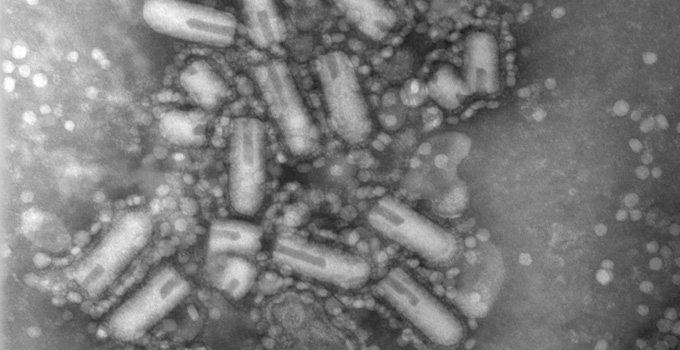
Researchers at The Ottawa Hospital and the University of Ottawa have found that a combination of two immunotherapies – oncolytic viruses and checkpoint inhibitors – was successful in treating triple-negative breast cancer in mouse models. Triple-negative breast cancer is the most aggressive and hard-to-treat form of the disease.
The study, led by Dr. John Bell, who is Co-leader of OICR’s Immuno-oncology Translational Research Initiative, demonstrated that the addition of the oncolytic virus made the once treatment resistant cells susceptible to checkpoint inhibitors.
“Our immune system is constantly trying to recognize and kill cancer cells, but the cancer cells are always trying to hide from it,” explains Bell, who is also Senior Scientist at The Ottawa Hospital and Professor at the University of Ottawa. “When you infect a cancer cell with a virus, it raises a big red flag, which helps the immune system recognize and attack the cancer. But in some kinds of cancer this still isn’t enough. We found that when you add a checkpoint inhibitor after the virus, this releases all the alarms and the immune system sends in the full army against the cancer.”
“It was absolutely amazing to see that we could cure cancer in most of our mice, even in models that are normally very resistant to immunotherapy,” says Dr. Marie-Claude Bourgeois-Daigneault, lead author of the study and a postdoctoral fellow in Bell’s research group. “We believe that the same mechanisms are at work in human cancers, but further research is needed to test this kind of therapy in humans.”
